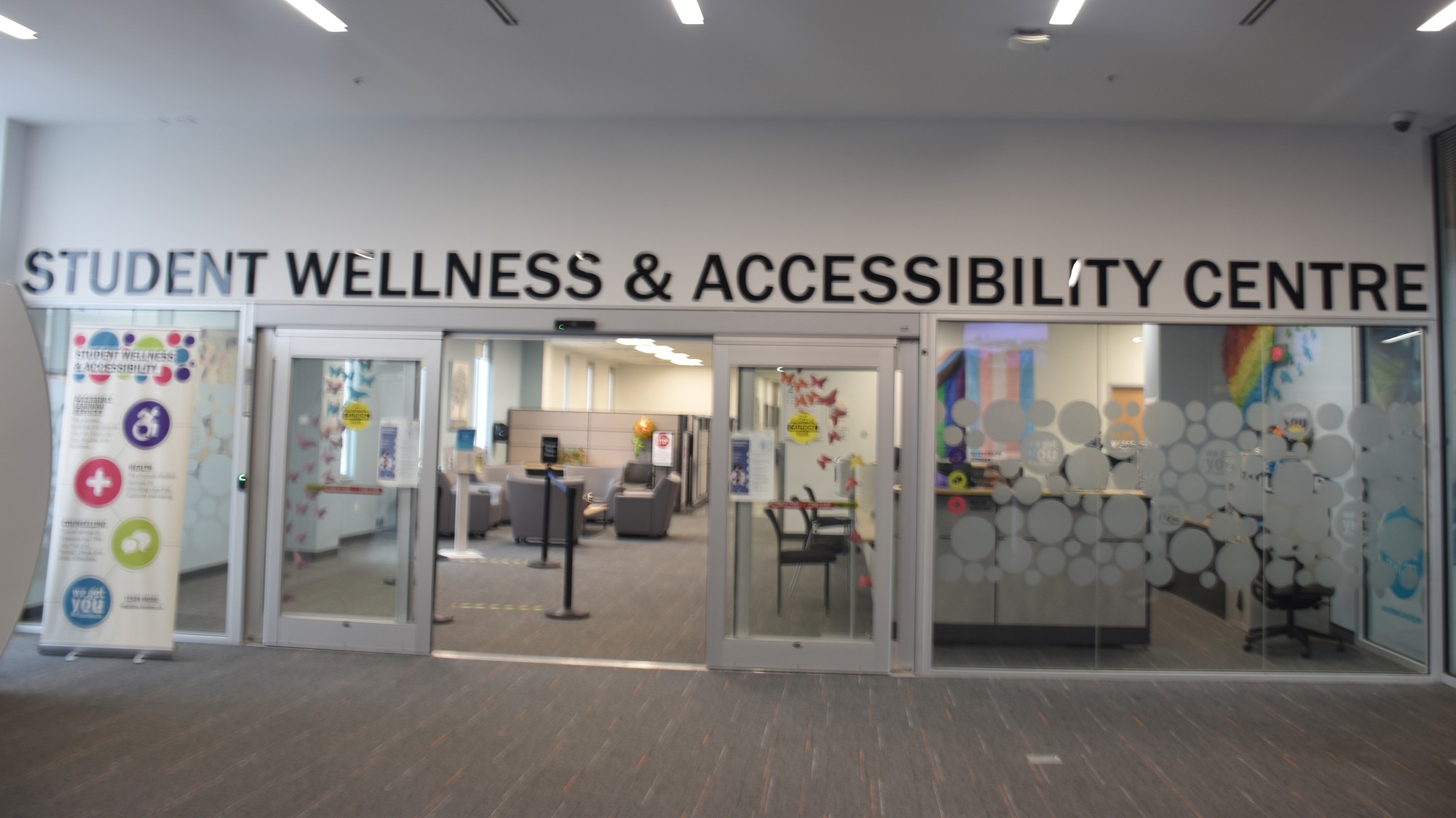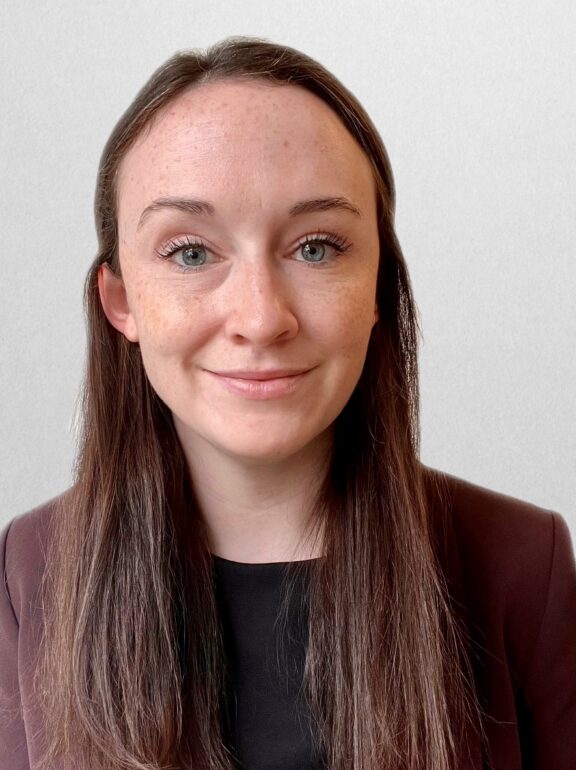Kathryn Mettler emphasized the trouble folks have this time of the year as it can often be forgotten to consistently check in on the well-being of everyone throughout the whole year, not just on days that remind people of their mental health, including Blue Monday.
The program coordinator of Humber College’s Addictions and Mental Health Post-Graduate Certificate said thinking about what contributes to stress is essential although it may not centre around Blue Monday as a day.
“There’s a difference between saying Blue Monday is coming, you’re going to feel depressed this day, versus let’s look at the things that are challenges to our mental health and let’s look at the things that can contribute to that,” Mettler said.
Blue Monday has been around since 2005 and is typically given on the third Monday in January. It’s seen as the most depressing day of the year due to the aftermath of the holidays.
“There’s a real financial burden that comes in January, February, because quite oftentimes the holidays are an expensive time of year and then all of the bills start coming in January, February,” she said.
Shivang Idhir, a paralegal student at Humber, described how having an unpaid placement this semester has increased her financial stress as an international student. She worked fewer hours during the winter break.

Shivang Idhir, a Humber student in her final semester of the Paralegal Education Diploma program. Photo credit: Julia Vellucci
“I wasn’t able to earn as much as I was expecting,” she said. During the holiday break, she lost work hours because other students’ availability increased, Idhir said.
She said since school resumed, she’s been at her unpaid internship and spending fewer hours at her paying job.
“You’re kind of stressed with everything and like also financially. It’s, like, really difficult,” Idhir said.
She said it would be a good idea for more on-campus workshops for students in similar situations or awareness in general about Humber’s mental health resources for students.
Claire Benny, a postdoctoral fellow at Public Health Ontario, brought up the transition of being home and then returning to work or school not feeling recharged.
“Many people take time off during the holidays, and maybe it doesn’t feel as much like time off for those people, not like the rest and the preparation that people really need to thrive,” Benny said.
“Isolation plays a factor into this as well, like maybe people might not want to see friends as much or whatever because they have to go outside to kind of get there or that kind of thing because of the weather,” she said.
“It’s difficult to go outside when it’s very cold, but the days are too short, and things like that, and so it’s really just hard on everyone overall and especially those with seasonal affective disorder…I think it’s really detrimental to people’s mental health,” Benny said.
Chen Kirshenbaum, a social media influencer, said finding an uplifting routine is key for this time of the year despite January being full of stress and pressure.
“This year, and especially after the holidays, I’m feeling this pressure because I want to make what I do for a job,” Kirshenbaum said. “I want to make (being a) big influencer work for me because I love doing it so much…so I already feel pressure to make that work for me but not have that added pressure to be better than I was last year.”
The 28-year-old said she doesn’t “exactly know who I am, and that’s really okay.” Kirshenbaum said she’s been discovering herself and hopes the platform she’s creating will be supported by a growing number of followers.
“When you find somebody else on a big platform that is struggling just as much as you are, I think it makes you feel seen,” she said.
“I hope that, like no matter where I am, I’m always relatable because even if I were to make a million dollars this year, money doesn’t solve mental health issues,” Kirshenbaum said.
So I hope that I can always be relatable and help people that are struggling just as much as I am, and happen and will continue to in the future,” she said.


